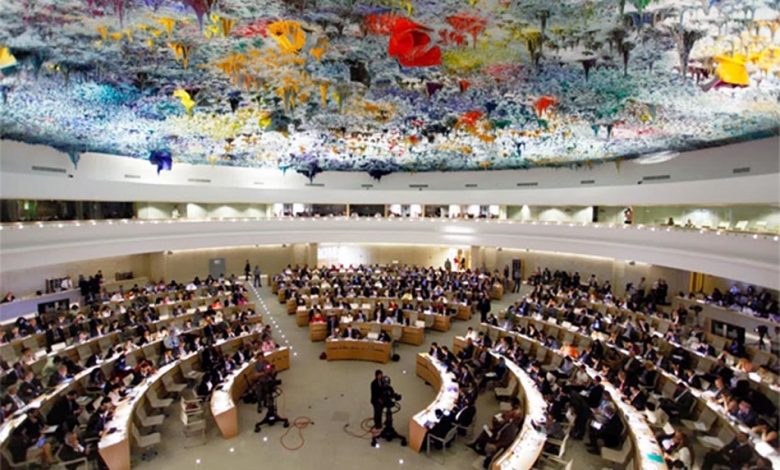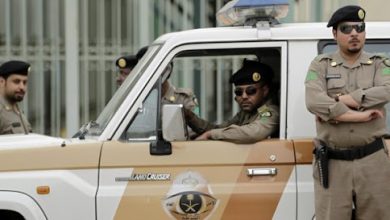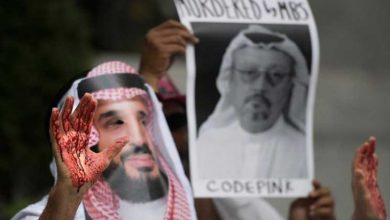The United Nations to establish a monitoring mechanism for human rights violations in Saudi Arabia

The United Nations Human Rights Council is considering establishing a monitoring mechanism for human rights violations in Saudi Arabia at the request of local and international human rights organizations.
The international research comes in light of the record outbreak of human rights violations practised by the Saudi regime, the crushing of public freedoms and the prohibition of any peaceful opposition.
During the forty-eighth regular session of the United Nations Human Rights Council, which was held this month, human rights organizations unanimously demanded the establishment of a monitoring and documentation mechanism for the human rights situation in Saudi Arabia.
Human rights organizations have provided oral statements about human rights violations in Saudi Arabia, including the systematic practice of arbitrary detention, suppression of peaceful dissent, and reprisals against activists, among other issues.
In a joint oral statement submitted to the Council on September 27, 2021, ALQST Foundation for Human Rights, the International Service for Human Rights and the Gulf Center for Human Rights highlighted the accelerating pace of violations in Saudi Arabia in 2021, including a reversal in the pace of the execution of the death penalty.
The organizations pointed out that despite the Saudi authorities’ announcement that they had suspended the death sentences against juveniles for a number of crimes, this year witnessed the execution of Mustafa Hashem al-Darwish on charges of participating in demonstrations, likely to have been 17 years old at the time.
The organizations stressed that as soon as attention turned away from the Saudi authorities as the host of the G20 summit in November 2020, the violations continued and intensified, with new waves of arrests and enforced disappearances of a number of critics and bloggers, lengthy prison sentences for human rights defenders, the continuation of the cruel treatment of prisoners, and the persistence of severe restrictions on human rights defenders. Women human rights defenders who were released at the beginning of 2021, including preventing them from working and traveling, and depriving them of public speaking, participation in and commenting on public affairs.
In another joint oral speech given during the interactive dialogue with the Working Group on Arbitrary Detention on September 20, 2021, ALQST and partner groups testified that “hundreds are serving lengthy prison sentences based on the anti-terrorism and cybercrime systems, which are used to target any critical voices in the kingdom.”
Among the detainees are Muhammed al-Qahtani and Walid Abu al-Khair, recipients of the Right Livelihood Award, although the Working Group concluded that their detention was arbitrary.
Right Livelihood, International Service and our group for human rights joined ALQST in calling on the working group to press for reforms to the counter-terrorism and cybercrime systems in a way that guarantees freedom of expression and association.
In a joint statement delivered on September 29, 2021, commenting on the UN Secretary-General’s report on reprisals, ALQST and Right Livelihood highlighted the Saudi authorities’ systematic use of reprisals against human rights activists.
This includes the late Abdullah Al-Hamid, the founding member of the Association for Political and Civil Rights (ACPRA) in Saudi Arabia and the recipient of the Right Livelihood Award. Al-Hamid died in detention in April 2020 due to medical negligence that can be described as the arbitrary deprivation of his right to life.
The Secretary-General’s report drew attention to the documented use of counter-terrorism and other security systems as a means to prosecute human rights activists in Saudi Arabia.
The human rights organizations demanded an American position to urge the Saudi authorities to urgently reform the systems to combat cybercrime and terrorism, release all arbitrarily detained human rights defenders, and establish a monitoring and documentation mechanism for the human rights situation in Saudi Arabia.





